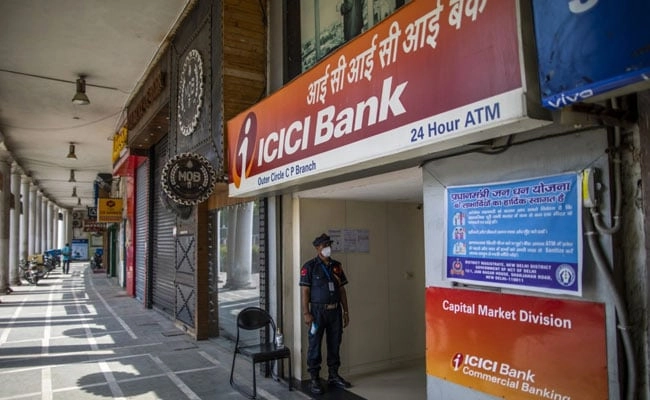ICICI Bank recently introduced a new minimum balance rule, which has ignited a wave of reactions across various social media platforms. The policy requires customers to maintain a minimum balance in their accounts, a move that many are perceiving as a means for the bank to increase its revenue through fees. This decision has not only raised eyebrows among account holders but has also sparked a broader conversation about the implications of such banking policies on everyday consumers. Critics argue that imposing a minimum balance can disproportionately affect low-income individuals who may struggle to keep funds in their accounts consistently.
The reactions online have varied widely, with many customers expressing frustration and concern. Some users have taken to platforms like Twitter and Facebook to voice their discontent, sharing personal stories of how such policies could impact their financial well-being. They argue that maintaining a minimum balance is unrealistic for many, especially in an economic climate where job security and disposable income are uncertain. This sentiment is echoed by various financial experts who warn that such practices may lead to increased financial exclusion for vulnerable populations.
Supporters of the new rule, however, argue that maintaining a minimum balance can encourage better financial habits among customers, promoting savings and responsible banking. They claim that it could help banks manage their resources more effectively, ultimately benefiting all customers through improved services and lower fees. Nevertheless, the backlash suggests that many customers feel that the bank’s decision prioritizes profit over customer welfare, leading to a call for greater transparency and consideration from financial institutions regarding policies that impact everyday banking experiences.
As the discussion continues, ICICI Bank faces the challenge of addressing these concerns while justifying its policy changes. The bank’s management will need to engage with customers to explain the rationale behind the new minimum balance rule and explore potential alternatives that could mitigate the impact on those most affected. This situation serves as a reminder of the critical relationship between banks and their customers, emphasizing the need for open communication and consideration of diverse customer needs in policy formulation. The ongoing dialogue around this issue highlights the importance of customer feedback in shaping banking practices that are fair and equitable for all users.




